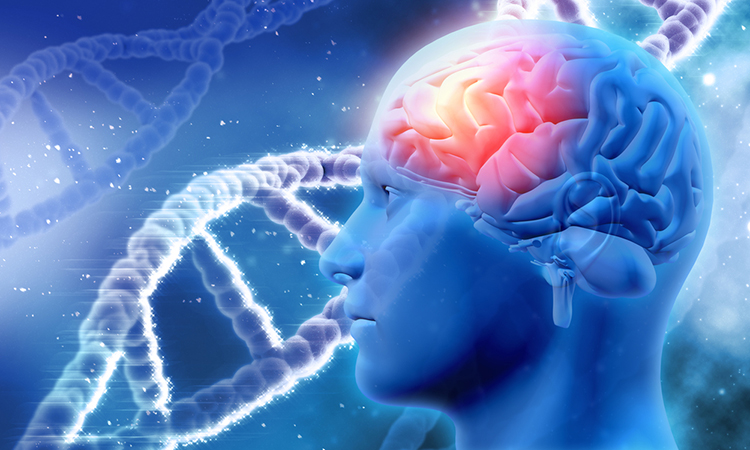Improving the effectiveness of immunotherapy for glioblastoma
Posted: 2 August 2024 | Drug Target Review | No comments yet
Researchers utilised AI to identify genes that reprogramme GBM cancer cells into dendritic cells within the tumour.


Researchers at the Keck School of Medicine at the University Southern California (USC) utilised artificial intelligence (AI) to identify genes that reprogramme glioblastoma (GBM) cancer cells, changing them into dendritic cells (DCs) to effectively target and destroy cancer cells around them.
Glioblastoma, the most common and deadliest brain cancer in adults, has a patient survival rate of less than 10 percent five years after diagnosis. Despite the effectiveness of immunotherapy for other cancers, immune cells struggle to reach GBM tumours because of the blood-brain-barrier (BBB).
In the new study, the team used AI to find a set of genes that can convert human GBM cells into DCs, which could enable scientists to deliver that genetic material to GBM patients by embedding it within a viral vector. Dr David Tran is the study’s lead author and the associate professor of neurological surgery and neurology and division chief of neuro-oncology at the Keck School of Medicine. He also co-directs the USC Brain Tumor Center at USC Norris Comprehensive Cancer Center. He explained: “Forcing a cell with 20,000 genes to become something else is incredibly complex. Using traditional molecular approaches, it would be almost impossible to do.”
Biomarkers are redefining how precision therapies are discovered, validated and delivered.
This exclusive expert-led report reveals how leading teams are using biomarker science to drive faster insights, cleaner data and more targeted treatments – from discovery to diagnostics.
Inside the report:
- How leading organisations are reshaping strategy with biomarker-led approaches
- Better tools for real-time decision-making – turning complex data into faster insights
- Global standardisation and assay sensitivity – what it takes to scale across networks
Discover how biomarker science is addressing the biggest hurdles in drug discovery, translational research and precision medicine – access your free copy today
DCs are crucial in activating the immune response, sampling antigens and presenting them to other immune cells. Although prior evidence implies that DCs can fight GBM, researchers have not yet found a reliable way to get them past the BBB and into the tumour. Therefore, the team bypassed this huge difficulty by reprogramming cancer cells already located within the tumour.
However, specificity is a significant consideration. “We don’t want to give something to a patient that can convert all sorts of cells into DCs,” Dr Tran stated. Therefore, they developed a machine learning (ML) system that could query tens of thousands of genes and millions of gene-to-gene connections and identify those that can specifically target GBM cells and reprogramme them to resemble DCs.
Reprogramming GBM cells, when used with other immunotherapies, greatly improved the immune response and survival rates in mouse models. Immune checkpoint therapy and the novel approach enhanced survival chances by 75 percent. Furthermore, when combined with a classic DC vaccine, the new approach doubled the chance of survival. Neither of the two therapies alone increased GBM patient survival chance.
Moving forward, the team plan to hone the list of human genes that can convert human GBM cells into cells resembling DCs, package the genetic material into a viral vector and start a round of safety and efficacy tests in animal models. The team will apply for approval to begin clinical trials in patients in several years if the approach is deemed safe and effective.
This study was published in Cancer Immunology Research.
Related topics
Animal Models, Artificial Intelligence, Immunotherapy, Oncology, Viral vectors
Related conditions
Cancer Research, glioblastoma (GBM)
Related organisations
Keck School of Medicine of USC, USC Brain Tumor Center at USC Norris Comprehensive Cancer Center
Related people
Dr David Tran (Keck School of Medicine)








